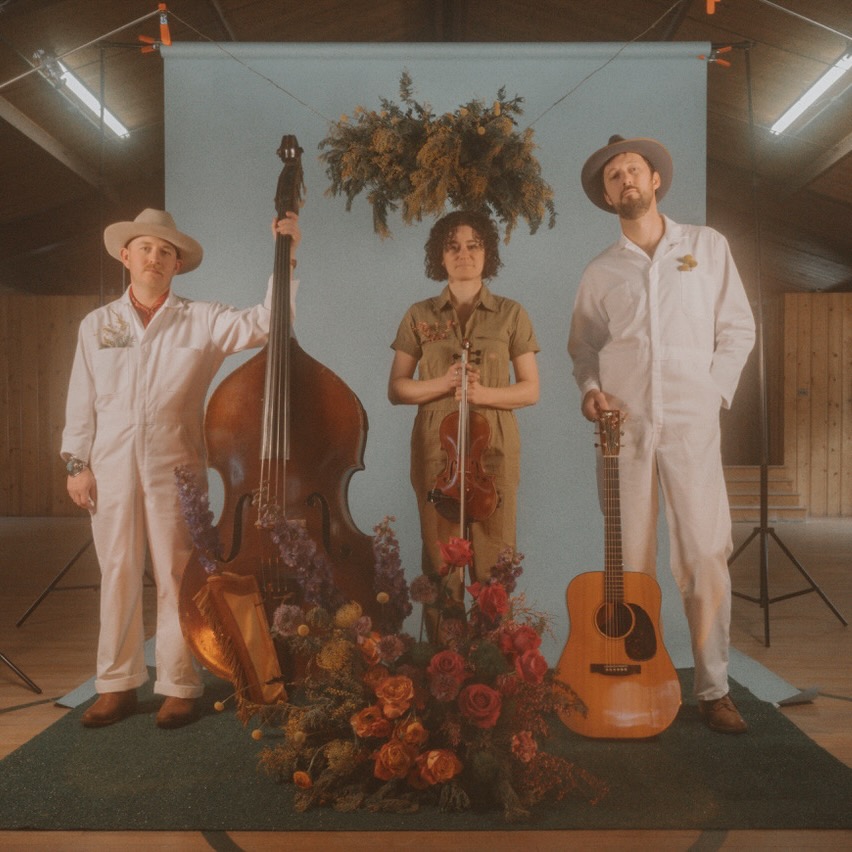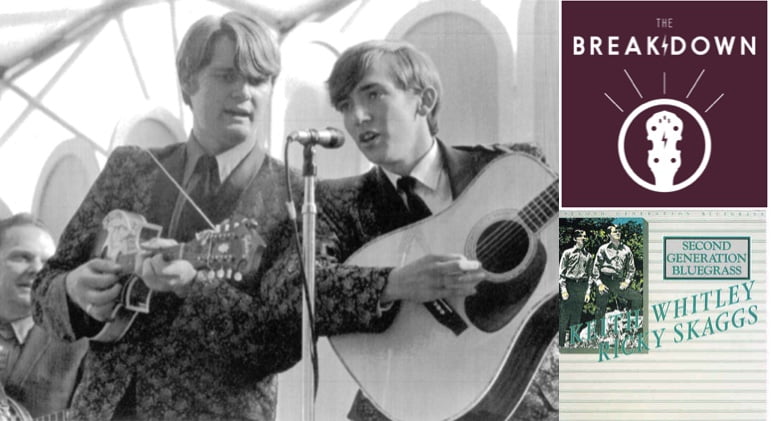Just about every picker in bluegrass and old-time each has their own right-hand approach to their instruments. Even on the violin, a device with hundreds of years of technique and pedagogy behind its myriad bowing-arm methods, idiosyncrasies are still apparent in nearly every instrumentalist’s approach. The six-string, flat-top guitar — despite being perhaps the most common “ax” in the traditional five-piece string band — has experienced far fewer seismic shifts in playing style and technique, though its individual touches are just as varied. Clarence White and acolyte Tony Rice each reinvigorated the instrument’s role in bluegrass; and today, players like David Grier, Tommy Emmanuel, and Molly Tuttle conjure mind-bending, never before seen or heard acrobatics on their instruments. (Tuttle’s clawhammer guitar approach being a perfect example.)
Mark Harris, an Australia-born guitarist now based in Colorado, offers his own innovative right-hand style on a new album, Old Time Guitar. His debut, the fifteen-song series explores old-time fiddle tunes re-arranged and configured for solo guitar. By playing with open tunings and capitalizing on their innate resonance, Harris is able to execute each composition as if a one-man-band, supplying his own rhythm section and simultaneously picking the tune. It’s like an old-time rendering of jazz guitar studies’ chord melodies plus open-string droning seemingly plucked from the banjo. The result, like on “Lost Girl,” is a loping, driving, homey sound with a polish — or perhaps a patina. On “Lost Girl,” Harris’ guitar is tuned D G D G B E (top to bottom), giving his flat-top box a honey-like resonance somewhere between a singer-songwriter’s DADGAD happy place and an open-tuned banjo.
With Old Time Guitar, Harris makes a compelling mark within a contemporary old-time scene hungry to demonstrate its canon isn’t just time capsule music, but relevant contextualized in the present — with production, arrangements, and outside-the-box thinking to match.
Photo credit: Tim Brown






